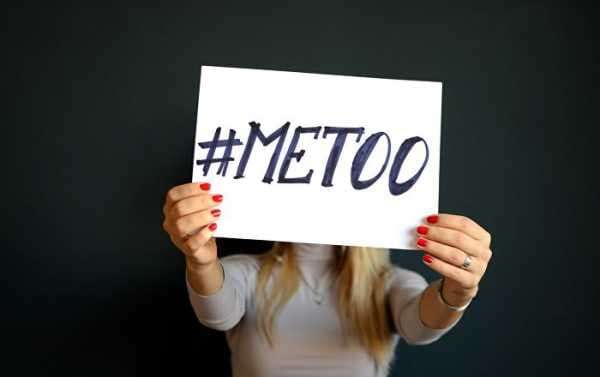
Over half of Norwegians (57 percent) fear men may fall prey to false accusations of sexual harassment in the aftermath of the #MeToo campaign that gained international momentum following sexual misconduct allegations against Hollywood producer Harvey Weinstein. False allegations are believed to have driven a Swedish theater director to suicide.
Two out of three Norwegian men are concerned about wrongful allegations of sexual harassment after the international #MeToo campaign, the Norwegian daily Klassekampen reported citing a survey by pollster Sentio.
Remarkably, people in the youngest age bracket showed the most concern, in comparison to older age groups.
Christian Andersen, the chief editor of the Narvik newspaper Fremover, who last year warned that the #Metoo campaign would harvest innocent victims, is not surprised that these fears are now shared by over half of the Norwegian population.
“I was recently on a management course where men admitted they always ask for permission before giving employees a hug and avoid being alone with female colleagues. Then it struck me that a fear has been created in men, which makes them more self-aware, but can also lead to an unhealthy situation,” Andersen told Klassekampen. According to him, the fear of giving a colleague a hug signals a colder society.
Andersen argued that the fear of being wrongly accused of harassment and abuse has always been present, but has only grown bigger since #MeToo.
“It’s not necessarily because there have been so many examples of false accusations, but because of the consequences,” Andersen stressed. According to him, the threshold for unacceptable behavior has become lower, while simultaneously bringing harsher consequences, such as depriving someone of their position. This, he argued, has further exacerbated the fear.
Others, by contrast, ventured that the fears of being wrongfully accused are unfounded.
“It seems to me that those who fear fake accusations have something to hide or are a little paranoid, rather than having a legitimate reason to fear that legal certainty is about to wane,” illustrator and designer Alexander Slotten told Klassekampen.
Sociologist and specialist in human geography Anja Sletteland, the author of “What Should I Say,” a handbook against harassment, ascribed the fear of fake accusations to a lack of understanding of what sexual harassment is.
“I believe it rests on the back of people that false accusations and miscarriage of justice are very serious. What sexual harassment is about is by contrast more diffuse. Something that can be nice in one case can be very offensive in another. We have pretty bad language to communicate what is what,” Sletteland said.
Nevertheless, she argued that legal certainty has so far been strong in Norway.
“People may have been somewhat obsessed with what has been happening in Sweden and the US, and lost focus on reality in Norway,” she argued.
In July, a similar poll in the US yielded almost identical results. A total of 61 percent of Americans claimed to be worried over being wrongly accused of sexual harassment. Sixty-seven percent of American men admitted to feeling this way, only one percent more than Norwegians.
In March of this year, Benny Fredriksson, longtime director of the Stockholm City Theater, committed suicide following accusations of sexual misconduct, which a subsequent investigation failed to verify. His widow, Anne Sofie von Otter, later accused the press and society of “dragging him into the mud,” while claiming the #MeToo movement promoted a “herd mentality.”
Sourse: sputniknews.com






